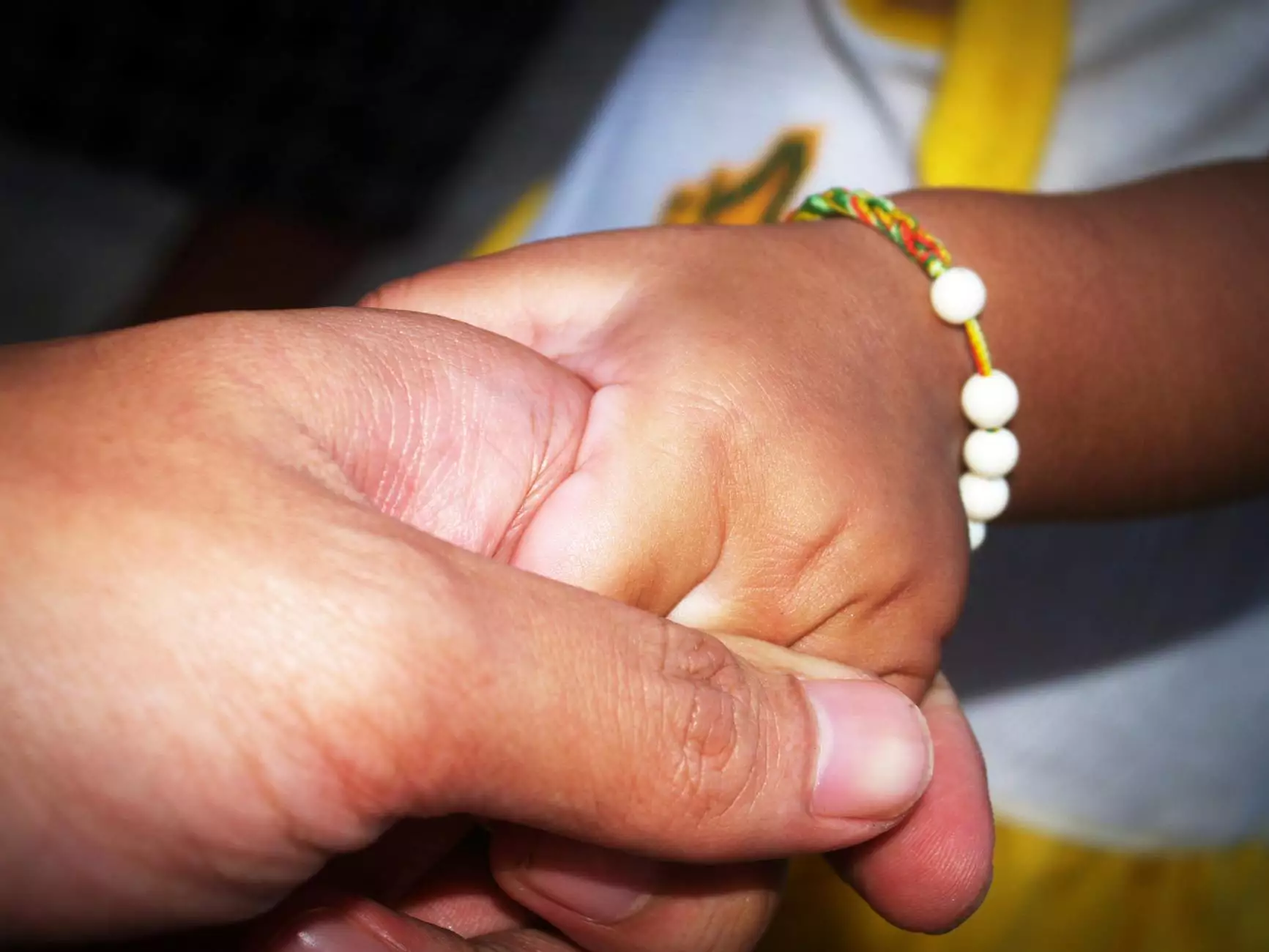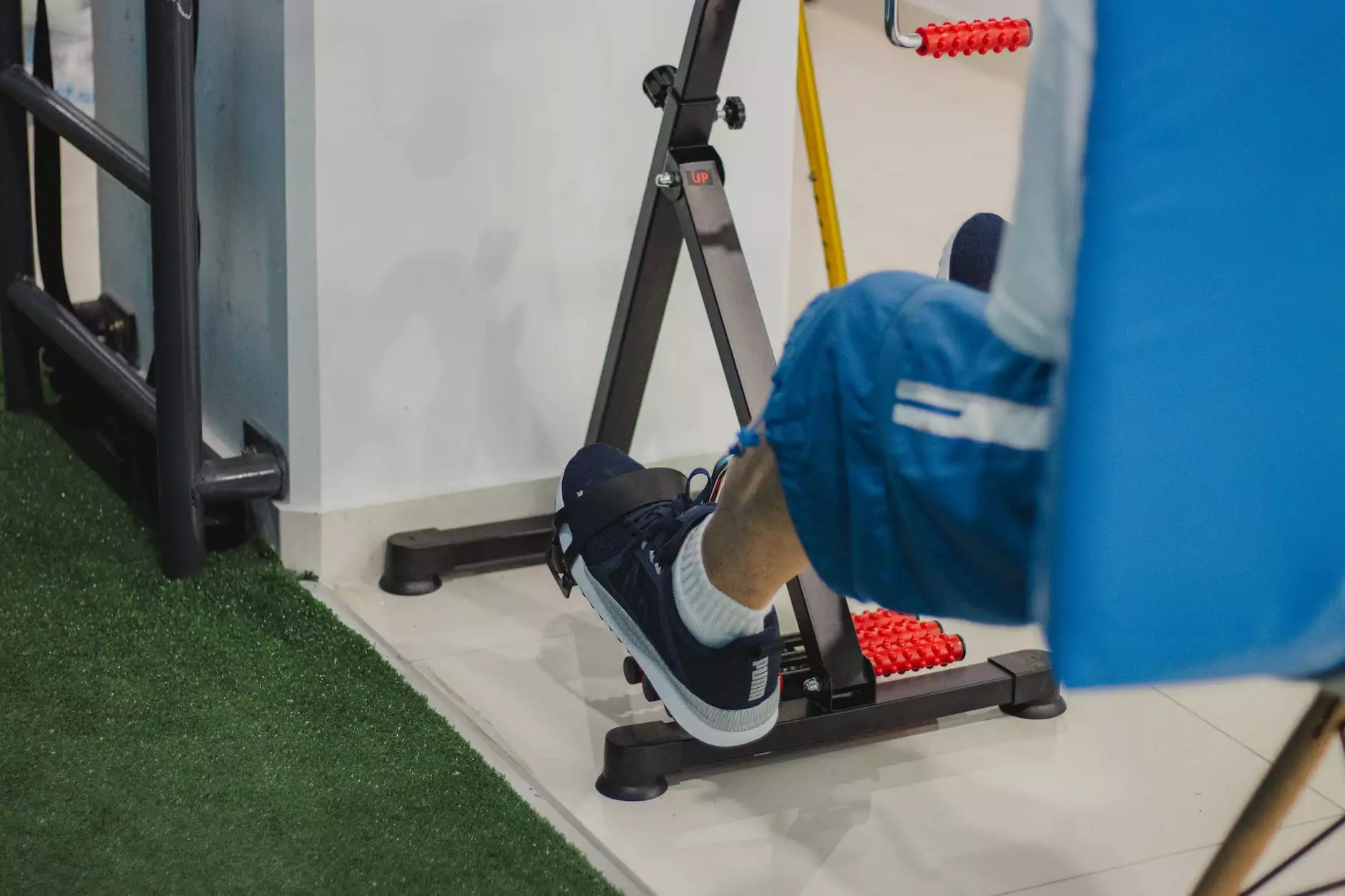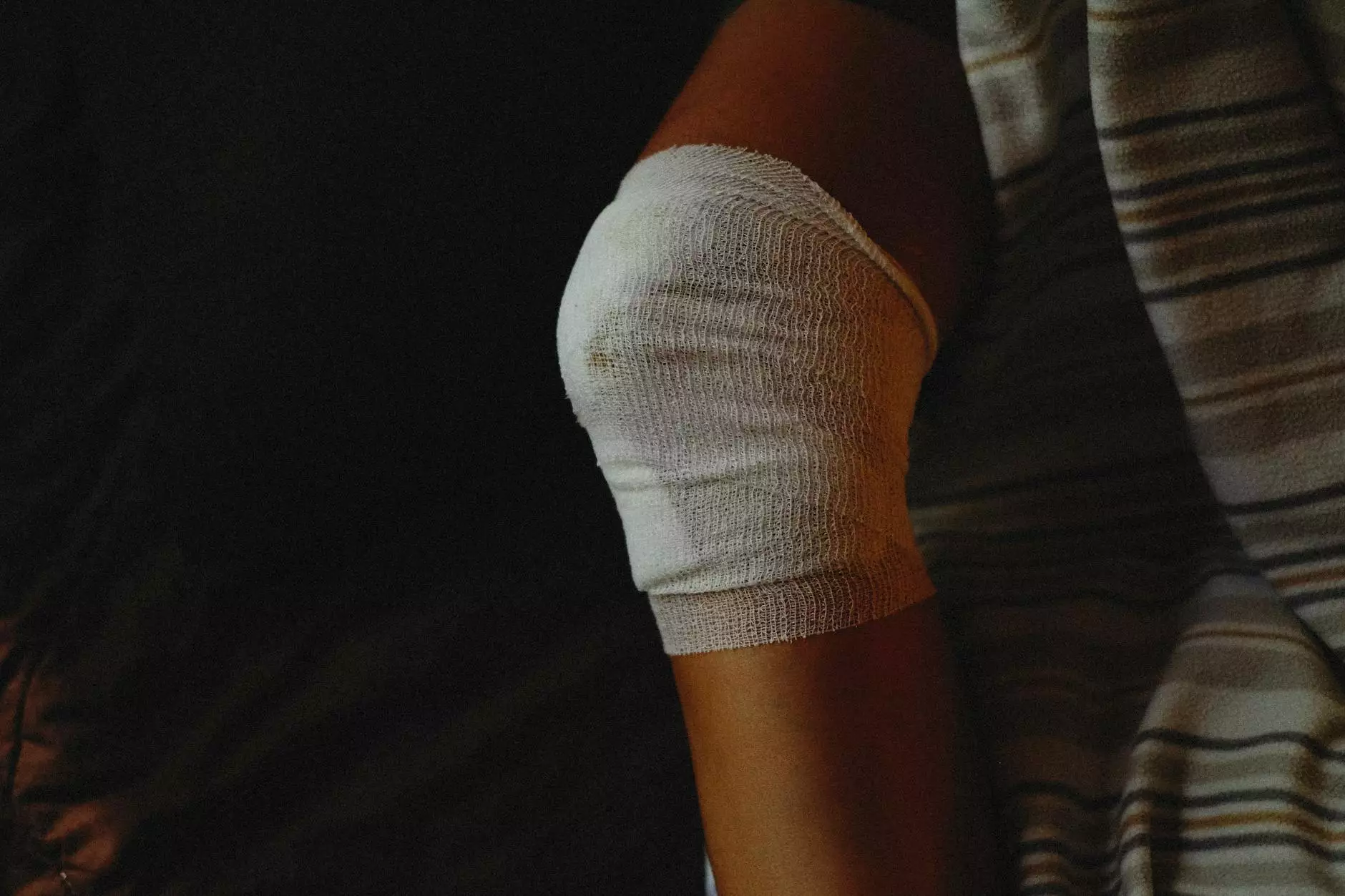What Type of Kyphosis Do I Have?

Welcome to Regency Square Care Center's informative article on kyphosis, an abnormal curvature of the spine that commonly affects older adults. Our dedicated team of healthcare professionals is here to provide you with comprehensive information about the different types of kyphosis, their causes, symptoms, and available treatment options.
Understanding Kyphosis
Kyphosis refers to a forward rounding of the upper back, leading to a hunched or slouched appearance. It can vary in severity and affect people of all ages, but it is more prevalent among seniors due to age-related changes in the spine and decreased bone density.
Types of Kyphosis
There are several types of kyphosis, including:
- Postural Kyphosis: This type of kyphosis is typically found in teenagers and is often a result of poor posture or slouching habits. It can be corrected through exercises and proper body mechanics.
- Scheuermann's Kyphosis: Occurring during adolescence, Scheuermann's kyphosis is characterized by wedge-shaped vertebrae that cause an exaggerated curvature of the spine. Treatment options include physical therapy and bracing.
- Age-related Kyphosis: As we age, the bones in our spine naturally weaken, leading to a more rounded upper back. This type of kyphosis is often associated with osteoporosis and may require medical management.
- Congenital Kyphosis: Congenital kyphosis is present at birth and may be caused by spinal malformation or a developmental abnormality. Treatment options depend on the severity of the condition.
Causes of Kyphosis
While the causes of kyphosis can vary depending on the type, some common factors include:
- Poor posture or slouching habits
- Abnormal spine development or growth
- Injury or trauma to the spine
- Spinal infections or tumors
- Degenerative conditions, such as arthritis or osteoporosis
Symptoms
The symptoms of kyphosis can range from mild to severe and may include:
- Visible rounding or hunching of the upper back
- Back pain or discomfort
- Stiffness or decreased range of motion
- Difficulty breathing or chest compression in severe cases
Treatment Options
The treatment approach for kyphosis depends on various factors, including the type, severity, and underlying cause. Some common treatment options include:
- Physical therapy: Targeted exercises and stretches can help improve posture and strengthen the back muscles.
- Bracing: In cases of severe kyphosis, a brace may be recommended to prevent further progression and support proper spinal alignment.
- Medications: Pain relievers and anti-inflammatory drugs may be prescribed to manage discomfort associated with kyphosis.
- Surgical intervention: In severe cases or when conservative treatments fail to provide relief, surgery may be recommended to correct the spinal curvature.
Regency Square Care Center: Your Partner in Geriatric and Aging Care
Regency Square Care Center is a leading provider of comprehensive health care services for the elderly, including the management and treatment of various conditions, such as kyphosis. Our team of experienced healthcare professionals is dedicated to delivering personalized care and enhancing the well-being of our residents.
At Regency Square Care Center, we understand the impact of kyphosis on individuals' daily lives and overall health. Our multidisciplinary approach ensures that each resident receives an individualized treatment plan tailored to their unique needs and goals. We prioritize a holistic approach to care, addressing physical, emotional, and social aspects to promote overall wellness and quality of life.
Whether you or your loved one requires physical therapy, pain management, or surgical intervention for kyphosis, our team is here to provide the highest level of care and support throughout the treatment journey.
Contact Regency Square Care Center today to learn more about our geriatric and aging care services and how we can help manage your kyphosis effectively. Take the first step toward a healthier and happier future!









